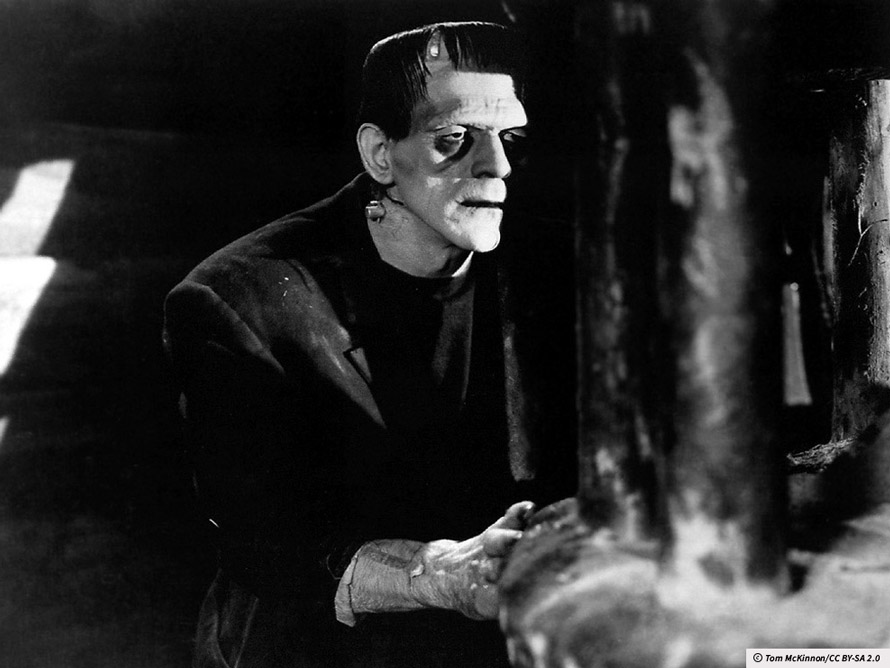Frankenstein, also called The Modern Prometheus, was inspired by a competition held by Mary Shelley and her companions – including her to-be husband Percy Bysshe Shelley and their friend Lord Byron — at the Vila Diodati in 1816. The group competed to come up with the best GothicCharacterised by gloom, mystery and horror. tale of terror after being inspired by a chronicle of ghost stories. It took Shelley two years to write her contribution in full, but it would become a triumph of far greater proportions. It has been described as the first true work of science fiction, and has repeatedly been named among the top 100 best novels of all time. Synthesising Romantic and Gothic elements, it tells the story of Victor Frankenstein, an ambitious young scientist who seeks to animate a humanoid that he has stitched together out of various pilferedStolen. dead body parts. What Victor creates is physically horrifying, however, and he promptly abandons it. When they next encounter each other, the Creature is intent upon avenging himself against the whole of humankind. It has been read alternately by critics as a stark warning not to play God, or as the world’s most effective parenting manual.
Frankenstein

Glossary
Gothic - Characterised by gloom, mystery and horror.
Pilfered - Stolen.
Mary Wollstonecraft - A British writer who is often called the mother of feminism. In A Vindication of the Rights of Woman she argued for equal rights for both genders.
Old guard - Original or long-standing members of a group who resist change.
Thomas Hobbes - An English philosopher who is regarded as one of the founders of modern political theory.
John Locke - A 17th Century English philosopher, known as the "father of liberalism".
Representative government - A form of democracy in which people vote in elected politicians who represent their views. Also called indirect democracy.
Benevolent - Well-meaning and kind.
Bipartite - Consisting of two parts.
Clandestine - Done in a secretive way.
Purloined - Stolen.
Estrangement - No longer being part of or in good terms with a group, often due to disagreements.
